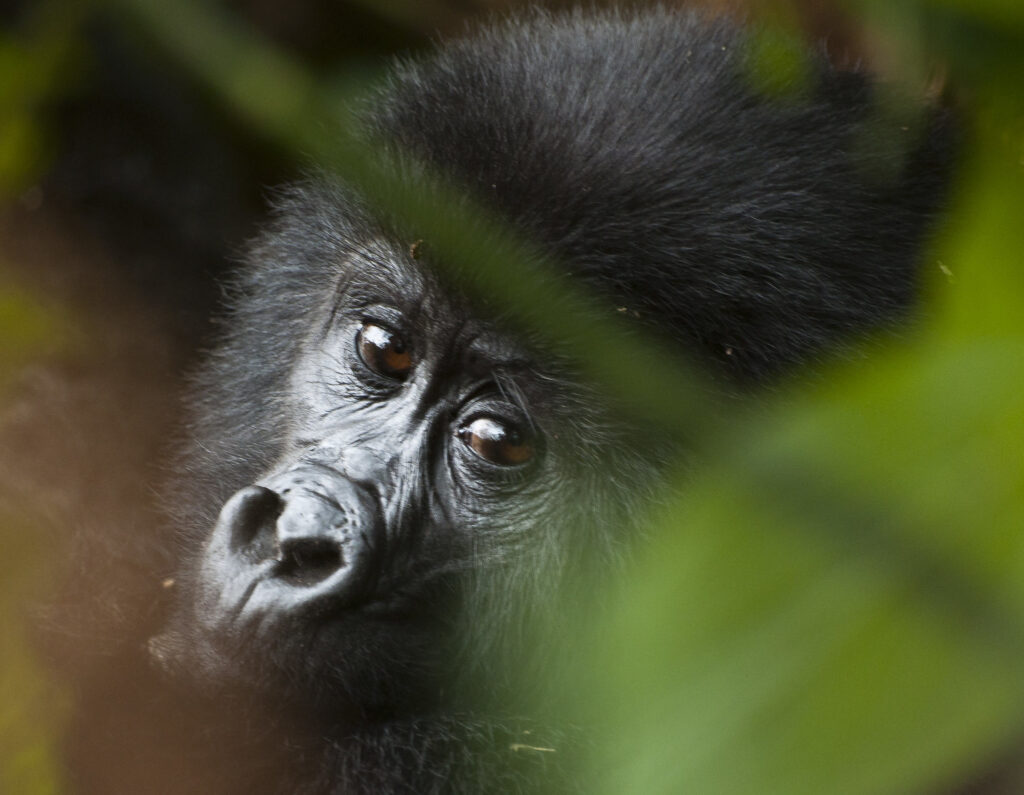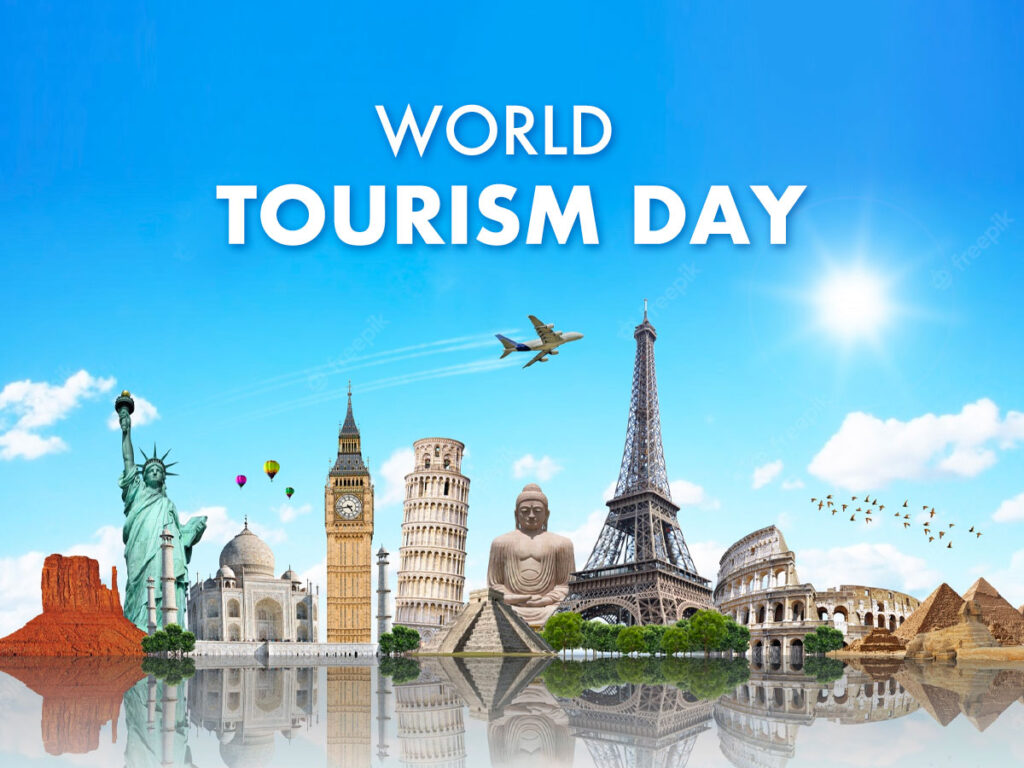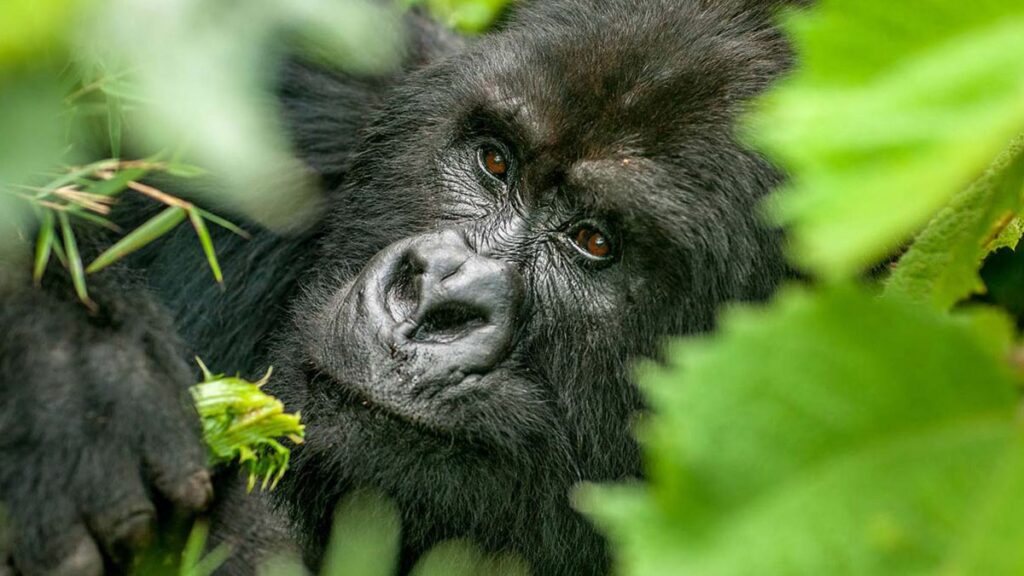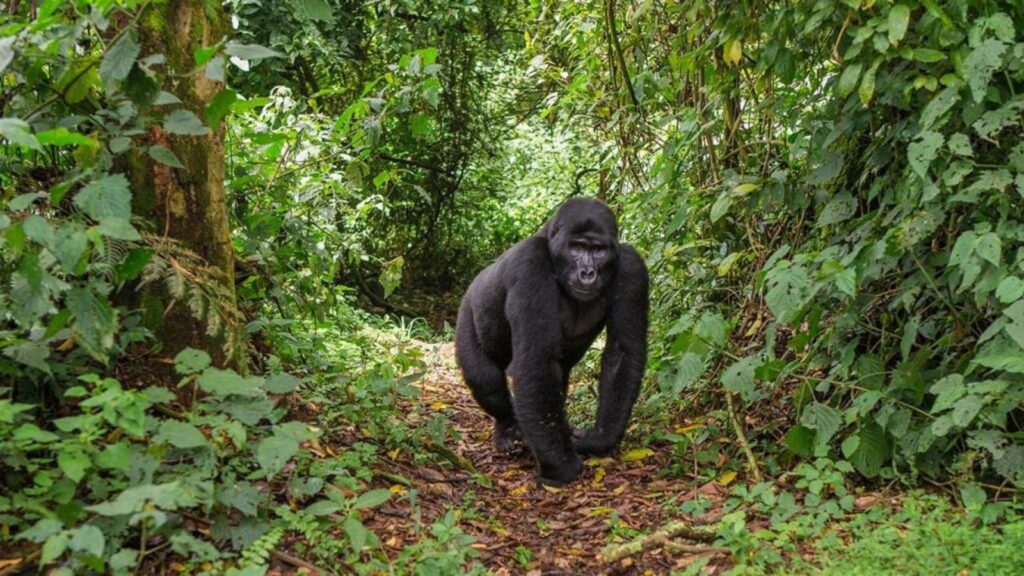Malaria Risks and Prevention During Gorilla Trekking
Gorilla trekking in Uganda is an incredible experience. The lush forests of Bwindi Impenetrable and Mgahinga provide the perfect home for mountain gorillas. However, these areas are also in malaria-prone zones. Malaria is a serious disease transmitted by mosquitoes, and trekkers must take preventive measures to stay safe. Understanding the risks and how to protect yourself ensures your safari remains enjoyable and healthy.
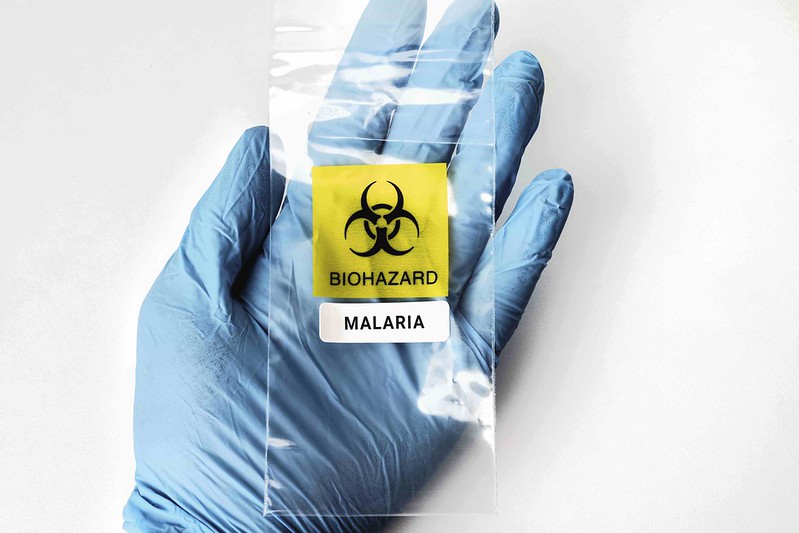
Malaria Risks During Trekking
Bwindi and Mgahinga lie in tropical regions where malaria-carrying mosquitoes thrive, especially at low to mid-altitudes. Trekkers may encounter mosquitoes in forested areas, around lodges, and near water sources. The risk is higher during the rainy seasons, but malaria can occur year-round. Symptoms include fever, chills, headache, fatigue, and sometimes vomiting. Left untreated, malaria can become life-threatening.
Preventive Measures
Prevention combines medication, clothing, and environmental strategies.
- Anti-Malaria Medication:
Consult a doctor or travel clinic before your trip. Common preventive medications include atovaquone-proguanil, doxycycline, or mefloquine. Start the medication as prescribed before arriving in Uganda and continue for the recommended period after leaving. - Protective Clothing:
Wear long-sleeved shirts and long trousers during early morning and evening trekking. Light-colored clothing can make it easier to spot mosquitoes. - Insect Repellent:
Apply repellents containing DEET or picaridin on exposed skin. Reapply as instructed, especially after sweating or rain. - Sleeping Precautions:
Use mosquito nets at lodges if available. Some accommodations provide treated nets or indoor residual spraying to reduce mosquito populations. - Avoid Peak Mosquito Hours:
Mosquitoes that carry malaria are most active from dusk to dawn. Limiting outdoor activity during these hours can reduce exposure.
Additional Tips
Stay hydrated and maintain energy during trekking to strengthen your immune system. Carry a small medical kit including anti-malarial tablets for emergencies if symptoms appear. Always seek medical attention promptly if you feel unwell during or after the trek.
Conclusion
Malaria is a real risk during gorilla trekking in Uganda, but with careful planning, travelers can prevent infection. Taking anti-malaria medication, wearing protective clothing, using repellents, and following lodge guidelines significantly reduce risk. By preparing ahead, you can fully enjoy the magical experience of trekking mountain gorillas while staying safe and healthy.

